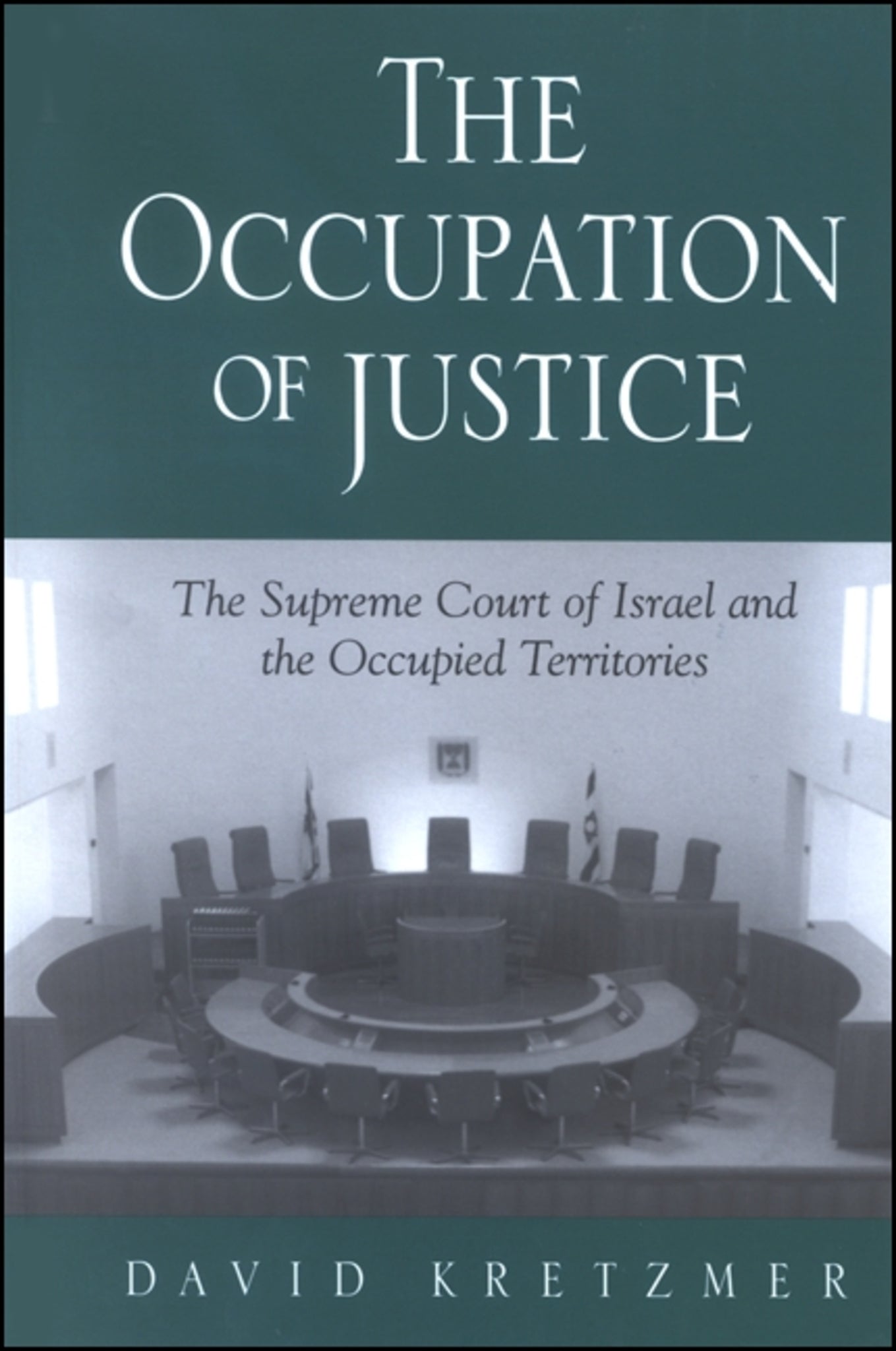We're sorry. An error has occurred
Please cancel or retry.
The Occupation of Justice

Some error occured while loading the Quick View. Please close the Quick View and try reloading the page.
Couldn't load pickup availability
- Format:
-
25 April 2002

A critical examination of the decisions of the Supreme Court of Israel in cases relating to the Occupied Territories.
The Occupation of Justice presents the first comprehensive discussion of the Supreme Court of Israel's decisions on petitions challenging policies and actions of the authorities in the West Bank and Gaza since their occupation during the 1967 Six-Day War. Kretzmer addresses issues including: the basis for the Court's jurisdiction; application and interpretation of the international law of belligerent occupation; the legality of civilian settlements and highway construction; and security measures such as curfews, deportations and housing demolitions. While pertaining to a specific political and legal context, this case study has broader implications regarding how courts in democratic countries act in times of conflict and crisis. It shows that at such times domestic courts tend to close ranks with the executive branch against those elements that are perceived as external threats to society.


"This book offers a very vivid picture of how a court in a system that attaches great importance to law grapples with serious security issues. It is also an excellent case study of the administration of a long-term belligerent occupation and a remarkably textured examination of the operation of a foreign legal system." — Michael Reisman, Yale Law School
"This is the definitive work on the issue of the Supreme Court of Israel and the Occupied Territories. Kretzmer does a splendid job explaining the Court's constraints and evolving jurisprudence in this area." — Pnina Lahav, Boston University School of Law
Preface
Introduction
PART I
1. JURISDICTION, JUSTICIABILITY, AND SUBSTANTIVE NORMS
2. APPLICATION OF INTERNATIONAL LAW
3. INTERPRETING GENEVA CONVENTION IV
4. THE BENEVOLENT OCCUPANT
PART II
5. CIVILIAN SETTLEMENTS AND DEVELOPMENT PROJECTS
6. RESIDENCY AND FAMILY UNIFICATION
PART III
7. SECURITY POWERS: BASIC ISSUES
8. LIBERTY AND SECURITY OF THE PERSON
9. HOUSE DEMOLITIONS
10. DEPORTATIONS
Conclusions
Notes
Select Bibliography
Index



